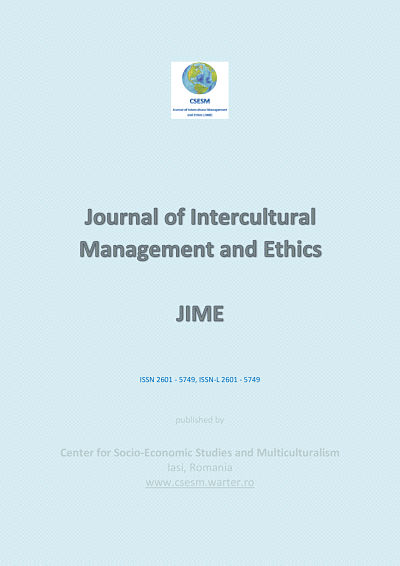The Culture of Royalty Political Reintegration. The Case of Romania and Other Eastern-European Experiences in Post-Communism and Before and After EU Accession
The Culture of Royalty Political Reintegration. The Case of Romania and Other Eastern-European Experiences in Post-Communism and Before and After EU Accession
Author(s): Alexandru MuraruSubject(s): Government/Political systems, Politics of History/Memory
Published by: Center for Socio-Economic Studies and Multiculturalism
Keywords: royalty; political reintegration; royal families; Eastern Europe; monarchism;
Summary/Abstract: The paper analyzes, starting from the concept of political reintegration – scarcely theorized in political sciences – the post-Communism experiences of the return of former royal families in Southeastern Europe (Romania, Bulgaria, Serbia, Albania and Montenegro). A complex and at the same time non-homogeneous phenomenon (in the region), the political reintegration of royalty challenged the elites and the political system, namely their capacity of accepting the former monarchs (or their heirs) within the frontiers of the new republics, in some cases as an acceptance of historical past, and in others as a fight with legitimacies. In numerous cases, such as Romania, Bulgaria, Albania, the post-Communist elites refused the access of non-ruling royal families. They believed their acceptance would have automatically opened the discussion about the construction of the new state, of the new political systems and on the form of government, implicitly. Moreover, the return of royalty brought difficulties not only in the political life, but also in the discourse on the past and the future (the idea of European integration) and in the topic of retroceding estates. For some Eastern-European democracies, this is still an ongoing process. The regime changes did not allow in all cases and acceptance of royalty, too; hence, this conflict turned inevitably into one with multiple meanings (political, historical, constitutional, legal, related to foreign policy, etc). Conflicts entailed memorial or political battles, with wide implications on the progress of certain nations or on the socio-political climate on the long run. This paper highlights from case to case the political evolutions and final/current outcomes of the political reintegration process of royalty in Southeastern Europe, in some cases involving unique political positions in the world held by a former monarch in a republic (Bulgaria) or republican institutions created in order to give an institutional form to royal houses (Romania, Montenegro).
Journal: Journal of Intercultural Management and Ethics
- Issue Year: 1/2018
- Issue No: 4
- Page Range: 61-72
- Page Count: 12
- Language: English

